IDIOT is an acronym for ‘Internet Derived Information Obstruction Treatment’. Also known as cyberchondria in medical terms, it is a condition where accessible online data prevents patients from seeking proper medical care read more
)
Many people turn to online resources to diagnose their ailments. Pixabay/Representative Image
In today’s world, information is easily available thanks to the internet.
Everything is a few clicks away.
This includes the medical field, as more and more people use the internet to diagnose themselves.
Experts are concerned that this practice could be detrimental and result in ‘IDIOT syndrome’.
Let’s take a look.
What is IDIOT syndrome?
IDIOT is an acronym for “Internet Derived Information Obstruction Treatment,” as per NDTV.
Also known as cyberchondria in medical terms, it is a situation where accessible online data prevents patients from seeking proper medical care, according to a 2022 study published in the National Institutes of Health’s journal Cureus.
IDIOT patients frequently self-diagnose based on online searches, which causes them to either ignore recommended therapies or self-medicate in ways that could be danergous.
For instance, Prof Rajendra Prasad, former head of respiratory medicine at King George’s Medical University (KGMU), was quoted as saying by The Times of India that every week, two to three patients, influenced by incomplete knowledge on the internet, resist steroid prescriptions for asthma.
How does it affect individuals?
The psychological effects of IDIOT syndrome are severe.
It can lead to a mindset in which patients start to mistrust medical practitioners and choose to self-medicate.
This practice can also seriously impair the patient’s health while disrupting ongoing treatments.
Senior consultant Dr Narendra Prasad at Internal Medicine and HIV Medicine, SPARSH Hospital, Bangalore, told ABP News, “Accessing health information online can be beneficial for understanding and clarifying symptoms quickly. However, it can also be dangerous and misleading. Incorrect self-medication and unnecessary medical tests are common outcomes of relying solely on internet searches for medical advice.”
According to Dr Ather Pasha, CARE Hospitals, Hyderabad, the internet is a vast source of information, but it’s not always accurate or reliable.
What are experts saying?
However, this doesn’t mean the internet is a useful instrument in healthcare.
Reputable medical websites and online support groups can link patients with others dealing with comparable problems and offer useful information, explained NDTV.
The risk, though, is mistaking the diagnosis of a trained medical practitioner for one obtained via a fast web search.
The World Health Organization (WHO) refers to this as an “infodemic,” which has complicated the healthcare situation by spreading misinformation about health authorities and creating abundant information in both digital and physical locations during a public health crisis.
Online resources provide patients with crucial health information, and they anticipate further support.
Dr CN Manjunath, Director of Jayadeva Hospital, says, “Doctors are becoming sick because of stress, and they need to take care of their health. There is an added demand to acquire communication skills rather than merely technical and professional qualities."
How can you prevent it?
Examine online material critically and give priority to trustworthy sources, such as the websites of respectable medical publications and institutions.
Consult a physician if in doubt. They can correctly assess your symptoms, talk to you about your worries, and recommend the best course of action.
Use the internet to educate yourself on health issues, but keep in mind that a medical professional is the best source to ask for advice on diagnosis and treatment.
With inputs from agencies

 4 months ago
28
4 months ago
28

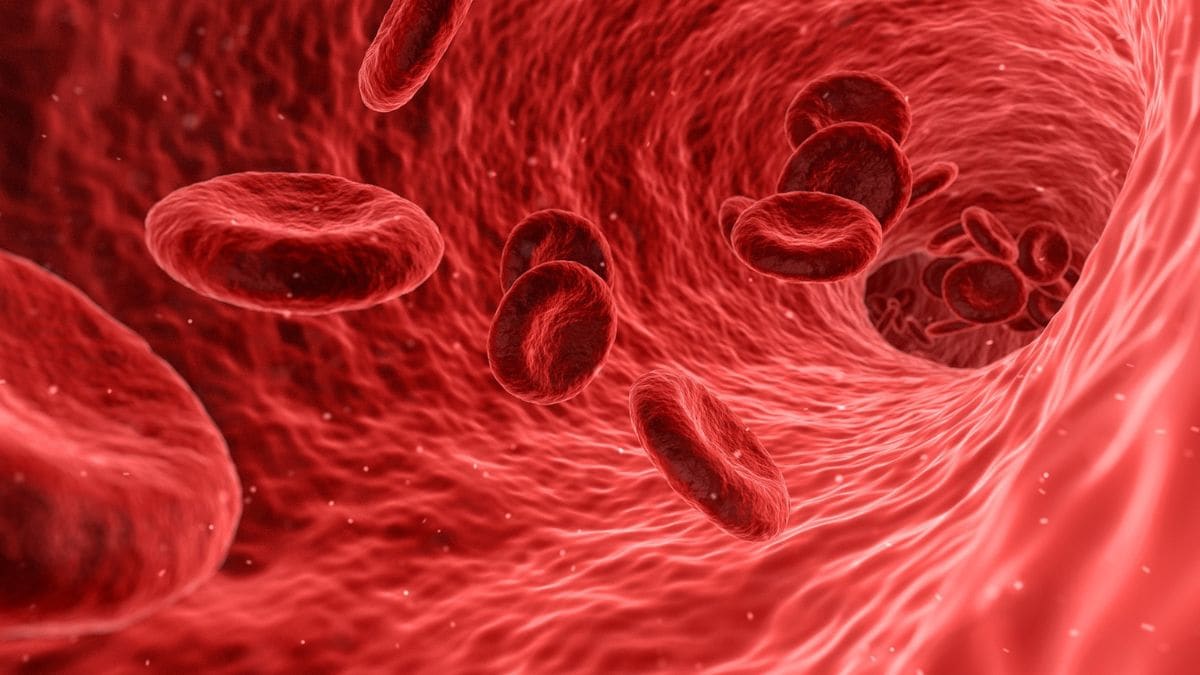





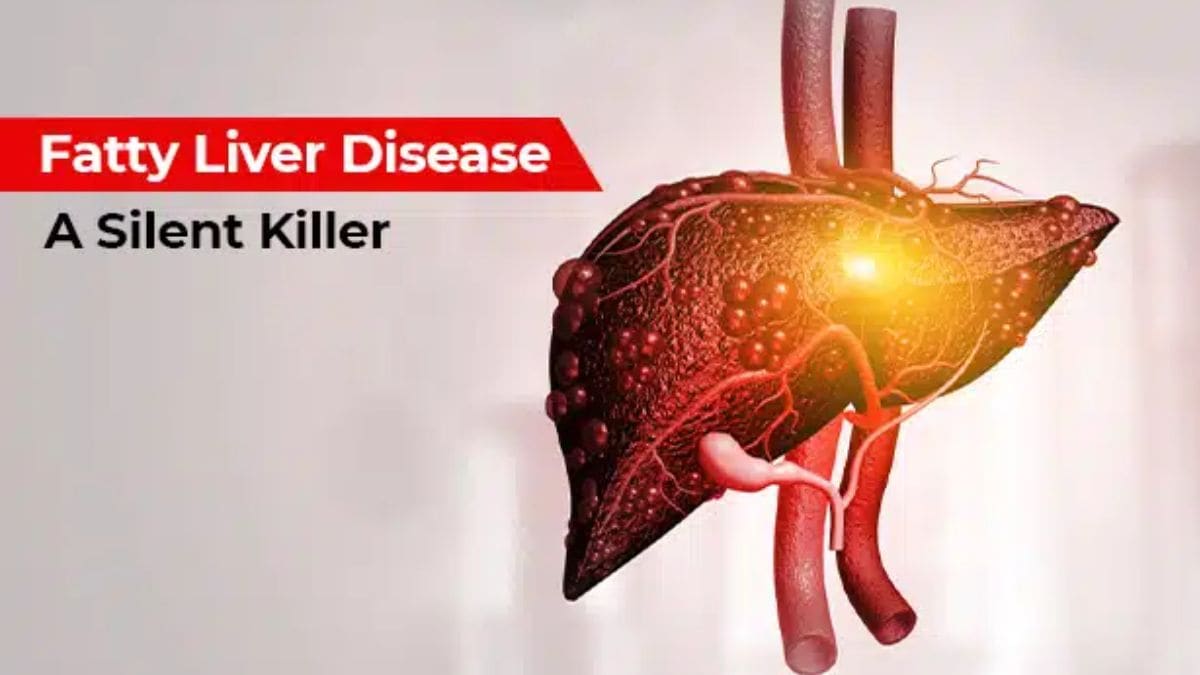

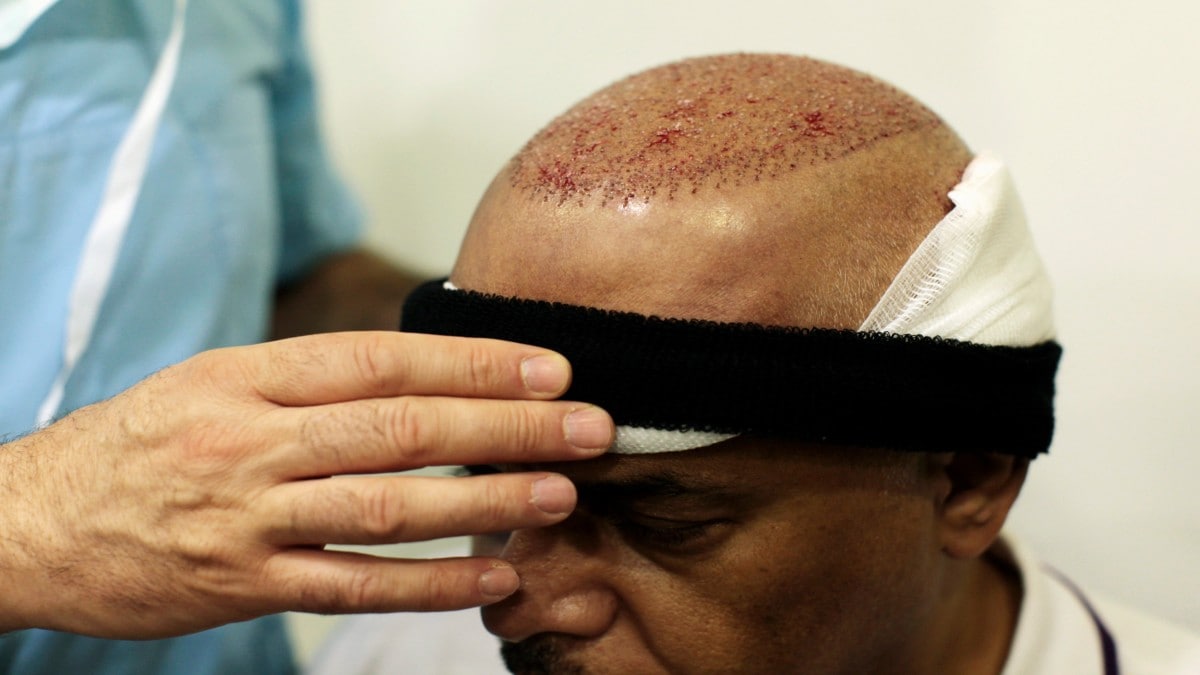

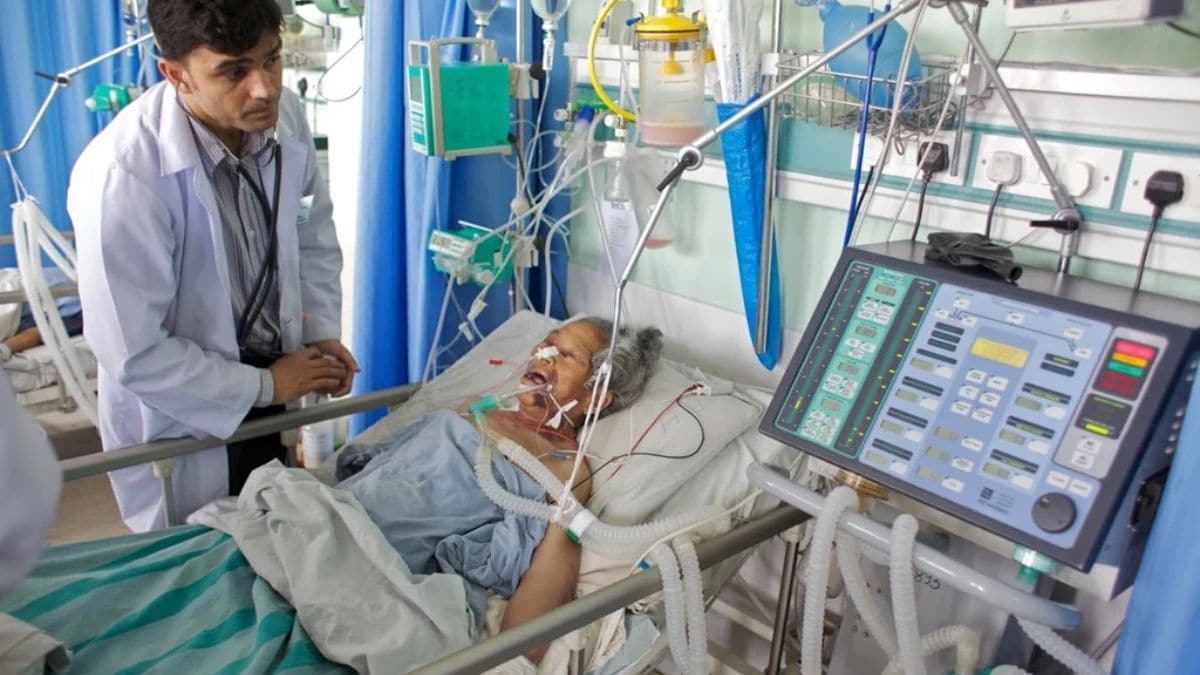
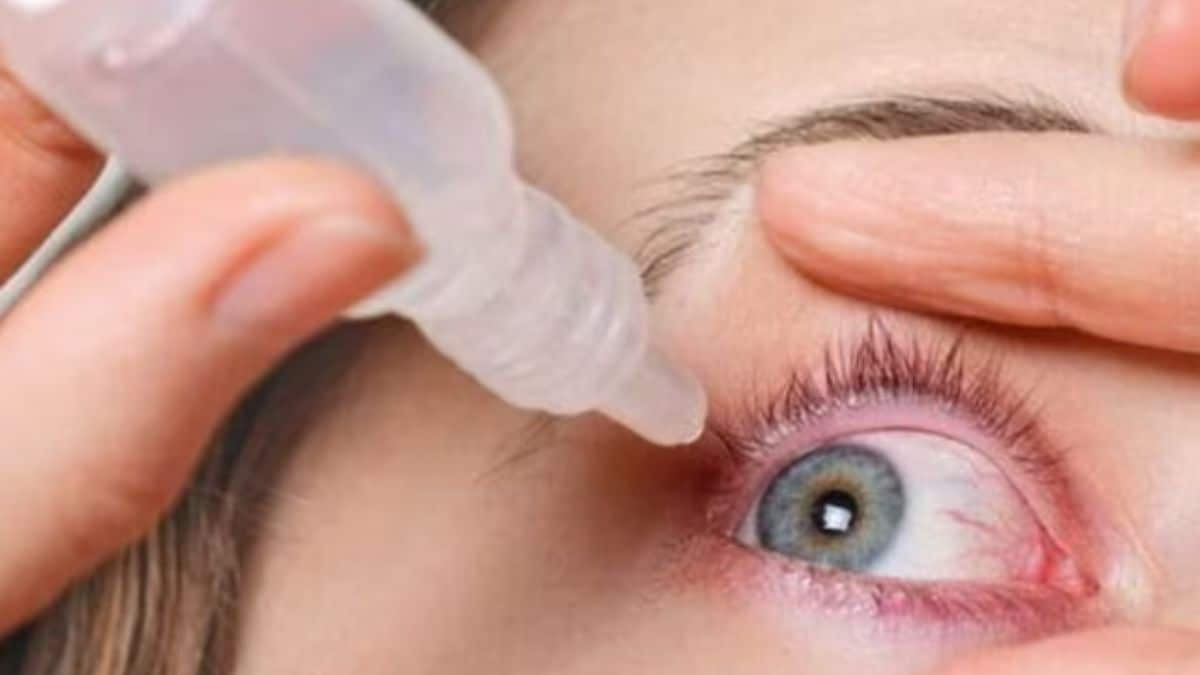





)
)
)
)
)
)
)
 English (US) ·
English (US) ·